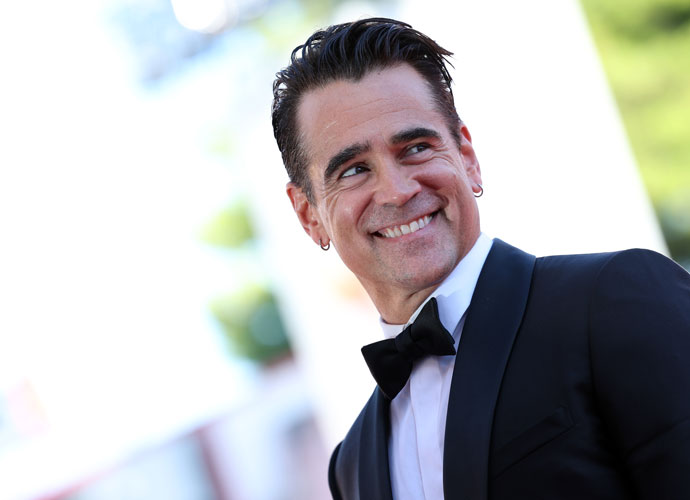Colin Farrell Opens Up About Raising His Special Needs Son, James
Actor Colin Farrell has shared details about his older son, James, and his remarkable journey with a rare neurogenetic disorder.
Diagnosed with Angelman syndrome when he was a little older than two, James faced numerous challenges. “He couldn’t sit up,” Farrell told People. “He wasn’t crawling. I think he was a year and a half when we took him to get really checked out.”
Despite the initial misdiagnosis of cerebral palsy, James took his first steps when he was just shy of his fourth birthday.
Farrell, 48, remembered the moment when James’ occupational therapist told him, “‘James has something to show you,’… I knew they were working on walking. And I stood over there, and she let him go, and… I mean, it was so profound. It was magic. I’ll never forget just the face of determination on him as he walked toward me. He took like six steps, and I burst into tears.”
Farrell shares James, now 20, with his ex, model Kim Bordenave.
Farrell acknowledged that many parents of children with Angelman syndrome are often told their child may not be able to walk, “So to see those first steps was just… I’ll never forget it. It was so overwhelmingly beautiful.”
Farrell has launched the Colin Farrell Foundation, a dedicated effort to support adult children with intellectual disabilities. The foundation aims to advocate, educate and implement innovative programs to provide more significant opportunities for community engagement, individuality and autonomy. Farrell has emphasized the importance of people moving beyond charitable endeavors and fostering genuine connections where everyone can learn and grow together.
“It’s really important for James and for all of our kids to feel like they are wanted, to feel like they’re part of the community,” he said. “They have earned the right to have a greater degree of individuality and autonomy of life and a greater degree of community.”
Though James is non-verbal, Farrell trusts his intuitive knowledge of his son’s spirit and the goodness in his heart.
“I choose to believe that if [James] knew us doing this could help families and other young adults who live with special needs, he would say, ‘Dad, what are you talking about? Why are you even asking me?'” he said. “It’s a no-brainer.”
In 2018, Farrell, who has been open about his struggles with alcoholism, checked himself into rehab as a “preventative measure.”
RELATED ARTICLES
Get the most-revealing celebrity conversations with the uInterview podcast!







Leave a comment